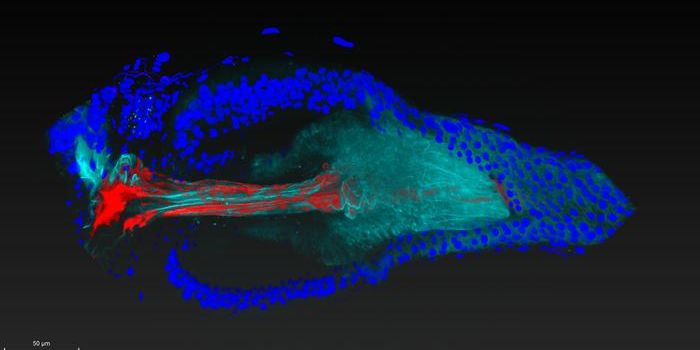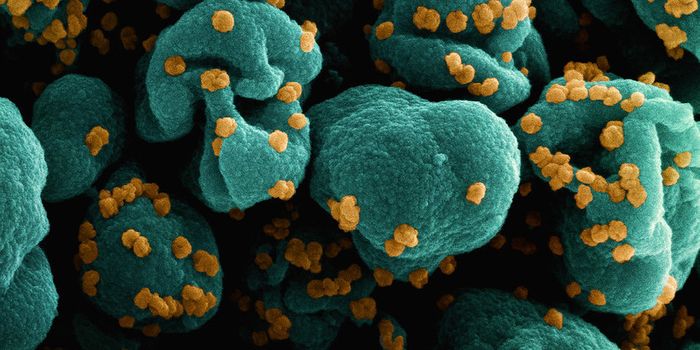A Virus Was Used to Cure an Antibiotic-Resistant Lung Infection
In a clinical first, reported in Cell, researchers used viruses that infect bacteria, called bacteriophages or phages for short, to successfully eliminate a mycobacterial infection that was resistant to antibiotics. The cystic fibrosis patient had a Mycobacterium abscessus lung infection for many years. Finally, the researchers turned to the "natural enemy" of the bacteria to treat the infection, said lead study author Jerry Nick, MD, director of the Adult Cystic Fibrosis Program at National Jewish Health.
Cystic fibrosis (CF) patients often have to deal with bacterial infections in their lungs. The disease impairs the body's ability to remove mucus from the lungs, so bacteria are easily trapped there, where they can establish a foothold. There are some treatments for CF patients, but life expectancy is reduced, and their quality of life can be severely impacted.
Mycobacteria can cause various infections, including leprosy, tuberculosis, and nontuberculosis mycobacterial (NTM) infections. Mycobacterium abscessus is a severe form of NTM.
Jarrod Johnson is a 26-year-old CF patient who was diagnosed as a child and spent time in and out of the hospital. In adulthood, a persistent Mycobacterium abscessus infection developed, and clinicians tried to get rid of it for six years. His lungs were in danger of failing within a few years. The infection was also ruining his chances to receive a lung transplant. The phage treatment has changed everything.
The first phage infusion was performed in September 2020, then two more infusions were done every day for the next 500 days. A variety of biomarkers indicated that the treatment was working about two months after it had started. About a year after the treatment started, the infection was clearing.
Johnson was cleared to be placed on the transplant list, and the procedure was performed in October 2021. He continued phage therapy during the procedure and recovery, and there was no evidence of infection. All of the treatment for Mycobacterium abscessus has been halted, and Johnson is now living a normal life.
"I am so grateful for the effort, persistence and creativity of all the people who were involved in my treatment," said Johnson. "I thought I was going to die. They have literally saved my life."
Phages were once considered to be a way to fight common bacterial infections before antibiotics came along. Now that our reliable old drugs aren't working so well, scientists are turning back to phages. In a few isolated cases, researchers and clinicians have shown that it's possible to treat tenacious, severe bacterial infections with these bacteria-infecting viruses. This opens the door even wider for the possibility that even more patients can be helped this way.
Sources: National Jewish Health, Cell









